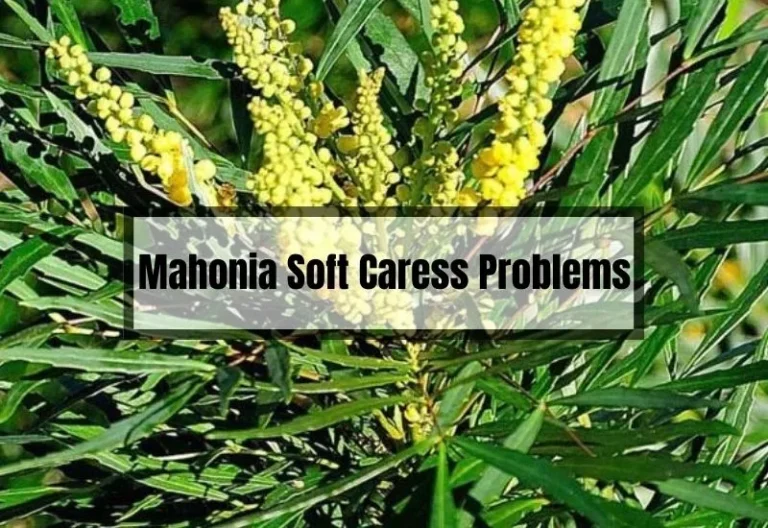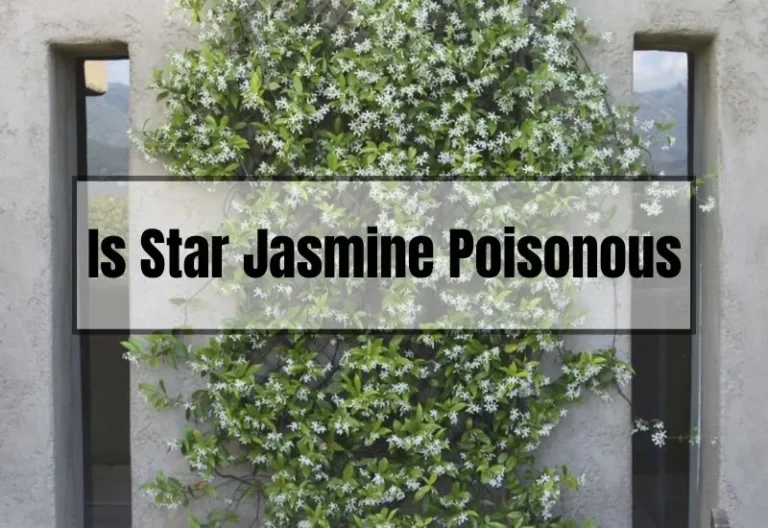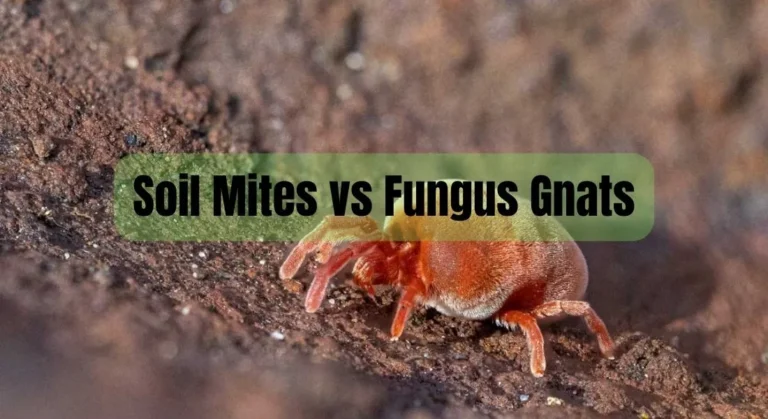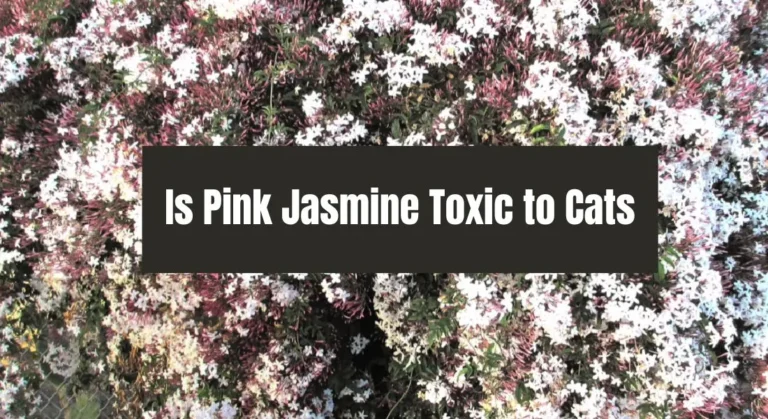Does Arabian Jasmine Attract Snakes? What You Need to Know
Are you a nature lover who can’t get enough of exploring the great outdoors? If you’re like me, you’re always on the lookout for the next fascinating plant or flower to add to your garden.
One plant that has recently caught my attention is the Arabian jasmine – a stunning plant with an alluring fragrance that’s hard to resist. But, as I delved deeper into the world of this captivating plant, I discovered a startling concern – could Arabian jasmine be attracting snakes to our gardens?
In this blog post, I’ll uncover the truth behind this puzzling question and provide you with essential information to ensure your garden remains a safe haven. So, let’s get started and find out – does Arabian jasmine have a dark side that we never knew about?

Does Arabian Jasmine Attract Snakes?
While it’s true that the flowers of the jasmine plant emit a sweet scent that many people (including myself) find appealing, this aroma doesn’t hold much interest for snakes. Instead, what really attracts snakes to the vicinity of jasmine plants are the rodents and birds that the plant lures in.
As you may know, rodents and young birds are a favorite food source for snakes, so it’s not surprising that they would be drawn to an area with an abundance of them.
Additionally, jasmine plants can offer much-needed shade for snakes during hot summer days. As cold-blooded or ectothermic creatures, snakes depend on their surrounding environment to regulate their body temperature.
So, a jasmine plant can be a lifesaver for a snake on days when the sun is relentless and temperatures soar.
What Kinds of Snakes Are Attracted to Jasmine Plants?
The types of snakes likely to be drawn to a jasmine plant largely depend on where you live. However, some North American species are commonly found in gardens and lawns across the continent. These include garter snakes, rat snakes, and corn snakes – all of which pose little threat to humans.
Of course, it’s essential to be cautious of certain snakes, such as the venomous copperhead and rattlesnake, if you live in an area where these snakes reside. If you have young children or pets, it’s especially important to take precautions to keep them safe from harm, as these aggressively territorial snakes can be deadly.
How to Keep Snakes Away from Jasmine Plants
If the thought of snakes taking up residence near your jasmine plant gives you the heebie-jeebies, don’t worry – there are a few things you can do to deter them:
- Keep your yard free of debris and tall grass, as these provide ideal hiding spots for both rodents and snakes. A well-maintained yard is less attractive to snakes, as it eliminates food sources and potential hiding places.
- Plant snake-repelling plants like marigolds, lemongrass, and garlic around the perimeter of your yard or near your jasmine plants. These plants have strong scents that snakes dislike, creating a barrier that they’re less likely to cross.
- Use snake repellent solutions that are safe for plants. Make sure to choose a repellent designed for use around plantsand follow the manufacturer’s instructions for application.
The Benefits of Harmless Snakes in Your Yard
Before you wage an all-out war against snakes in your garden, consider the fact that many snakes are actually beneficial to have around. Here’s why:
- Snakes are essential to their ecosystems, helping to maintain balance by controlling rodent populations. Fewer rodents mean less damage to your garden and property.
- Many harmless snake species actually prey on venomous ones, keeping the more dangerous snakes at bay.
- Snakes can serve as a natural pest control, reducing the need for chemical pesticides.
So, while it’s essential to be cautious around snakes, it’s also important to appreciate the role that harmless snakes play in maintaining the health of our ecosystems.
Frequently Asked Questions (FAQs)
Are snakes attracted to the scent of jasmine flowers?
No, snakes are not attracted to the scent of jasmine flowers. Instead, they’re drawn to the rodents and birds that are attracted to the plant.
How can I tell if a snake in my garden is dangerous?
Familiarize yourself with the venomous snakes in your area and their distinguishing characteristics. Keep in mind that while many venomous snakes have triangular heads, this is not a foolproof way to identify them.
Can I use a snake repellent solution on my jasmine plant?
Yes, you can use a snake repellent solution on your jasmine plant. Make sure to choose a repellent that’s safe for use around plants and follow the manufacturer’s instructions for application.
What plants can I use to deter snakes from my yard?
Some plants with strong scents that snakes dislike include marigolds, lemongrass, and garlic. Planting these around your yard or near your jasmine plants can help create a barrier that snakes are less likely to cross.
Conclusion
To sum up, Arabian jasmine itself doesn’t directly attract snakes, but the rodents and birds it attracts can make the area appealing to our slithery friends. While it’s important to take precautions if you live in an area with venomous snakes, it’s also essential to appreciate the role that harmless snakes play in our ecosystems.
By keeping your yard tidy, planting snake-repelling plants, and using safe snake repellent solutions, you can reduce the chances of encountering snakes near your jasmine plants. And, in the process, you can continue to enjoy the beauty and fragrance of your Arabian jasmine while coexisting peacefully with the natural world.
Related Posts:
- Is Your Star Jasmine in Trouble? Here’s Why the Leaves Are Turning Red
- Does Star Jasmine Damage Walls? A Comprehensive Guide
- Using Tomato Feed for Jasmine Plants: What You Need to Know
- Madagascar Jasmine vs Star Jasmine: The Ultimate Comparison
- Jasmine Nightshade vs Star Jasmine: Unraveling the Differences





